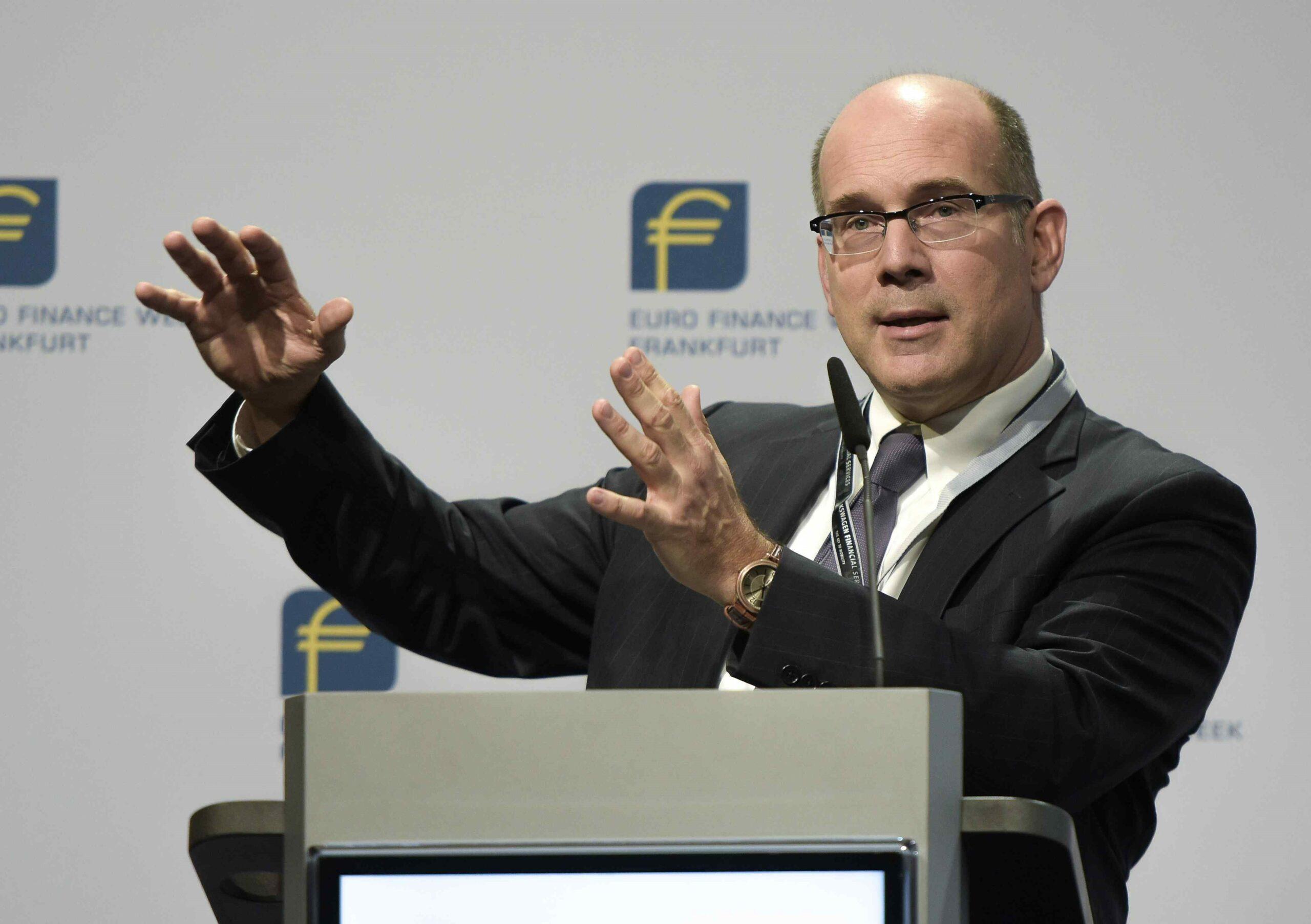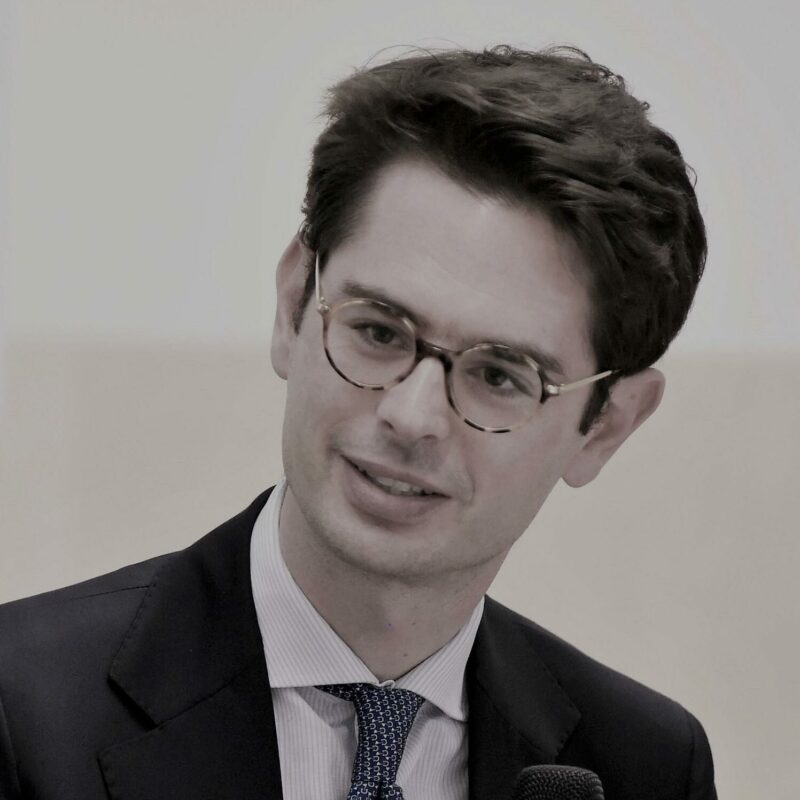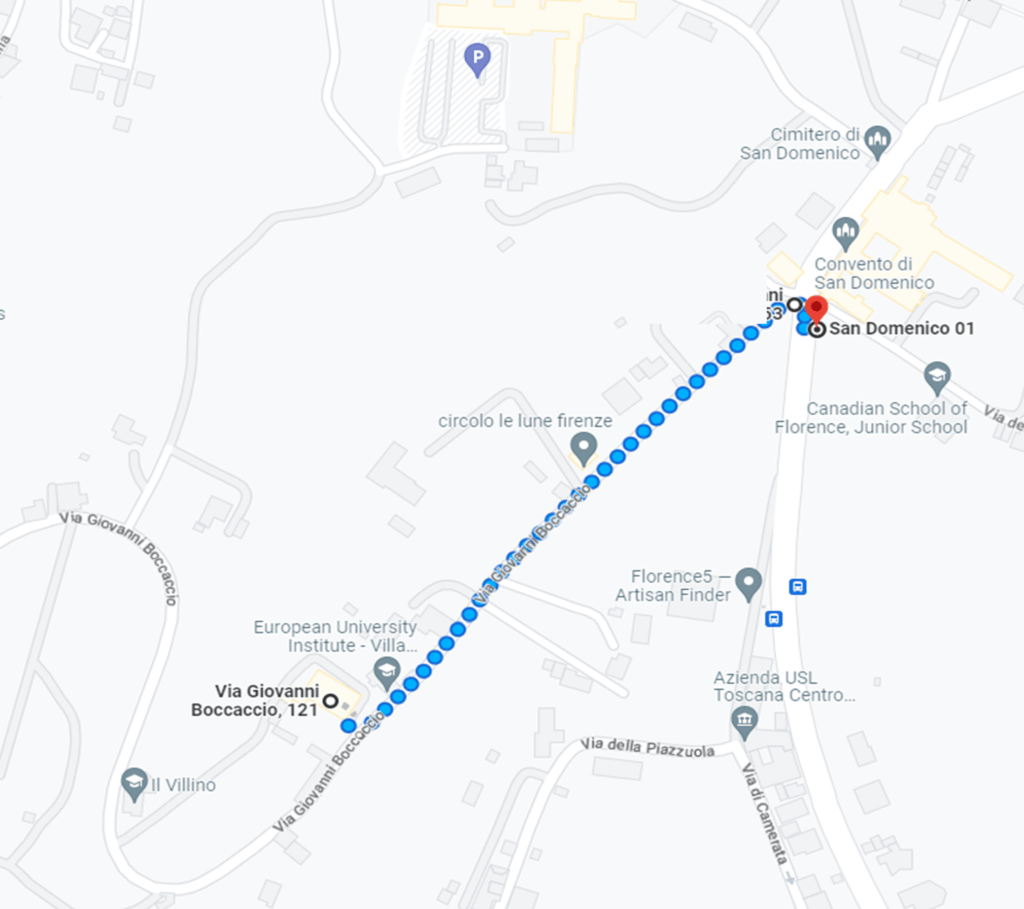
Sustainable Finance
The regulation of sustainable finance in the EU
Home - The regulation of sustainable finance in the EU
19/06/2023 - 21/06/2023
Location
Florence
Download course programme
Level
Intermediate, Introductory
Approach
Qualitative
Delivery mode
Residential
This course is fully booked. To request inclusion in the waiting list, contact fbf@eui.eu
Sustainable finance began occupying a prominent place on the EU’s policy agenda following the signing of the Paris Agreement on climate change and the adoption of the Sustainable Development Goals and gained significant push with the creation of the High-Level Task Force on Sustainable Finance (2016), the EU Action Plan on Sustainable Finance and the Technical Expert Group on Sustainable Finance (2018). The recognition of the urgency of financing the transition to a low-carbon economy and contribute to mitigation and adaptation are at the heart of the EU’s sustainable finance strategy, which aims to mobilise and channel capital towards green and sustainable activities, products and projects.
Likewise, the EU’s current policy agenda and regulatory framework reflect the need to finance the green transition and limit the potential for risks and threats that could undermine economic and financial stability through a prudential approach to climate and environmental risk management, where the finance sector is expected to commit to building a resilient and sustainable financial system.
The Covid-19 pandemic also contributed to a major push the EU’s sustainable finance agenda, as it fostered the EU’s green financial capacities through the NGEU instrument, where around 30% of the NGEU’s RRF is being financed through green bonds. The EU has also recognised the urgency for financial institutions to integrate ESG factors into their business models and risk management strategies, with the aim of ensuring that the entire financial sector plays a key role in driving the transition to a sustainable economy, and also intends to continue exploring new ways to increase the mobilisation of private capital towards sustainable investments. On the latter, a number of important new policy initiatives have been emerging, but much remains to be done to address ESG-related challenges. Likewise, policy developments are not only fast moving, but also present a major challenge for financial institutions, regulators and supervisors as they must adapt quickly to these policy changes, while at the same time striving to contribute to a resilient and sustainable financial system and economy.
In light of the latter, this training course aims to provide a comprehensive overview of key EU regulatory developments, such as the EU taxonomy, the EU green bond standard and recent initiatives related to disclosure (e.g. SFDR, CSRD), among others. It will equip participants with relevant knowledge and tools to better understand and critically reflect on the potential opportunities and challenges posed by the new pieces of legislation for different actors, including policy makers, prudential supervisors and the private finance sector.
In terms of format, this course will be delivered during a 3-day residential course at the EUI premises in Florence. It will also include interactive practical activities and group exercises.
- Introduce participants into the world of sustainable finance, sustainability reporting standards and the core global policy and regulatory developments.
- Reflect on the role and involvement of the finance sector, central banks, regulators and supervisors in supporting the net-zero transition and more sustainable economies.
- Offer a comprehensive overview of the EU Action Plan for Sustainable Finance and the Strategy for financing the transition to a sustainable economy.
- Provide participants with significant knowledge to identify the core tools and instruments contained in different regulatory pieces and new proposals related to sustainable finance in the EU
- Acquire relevant knowledge on the key objectives and core components of the EU Taxonomy and the EU Green bond standard regulations and reflect on the main challenges in relation to their implementation.
- Critically reflect on the challenges posed by the issue of greenwashing.
- Familiarise participants with the key objectives components of the CSRD and SFDR and other relevant instruments and policies related to disclosures and identify the role and competencies of EU Supervisory authorities (i.e. ESMA & EBA) within different legislative pieces.
- Discuss the treatment of ESG risks in the EU banking prudential framework and reflect on the relevance of transition plans for prudential supervision.
- Explore and reflect on the insurance sector’s exposure to climate related risks.
Course directors
-

Maria del Carmen Sandoval Velasco
Project Coordinator (CBBS)
Robert Schuman Centre for Advanced Studies
-

Pierre Schlosser
Deputy Director
Florence School of Banking and Finance
Faculty
-

Kern Alexander
Part-time Professor
Florence School of Banking and Finance
-

Stéphane Boivin
Acting Head of ESG Risks Unit
European Banking Authority
-

Gábor Gyura
Assistant Part-time Professor - Florence School of Banking and Finance
United Nations Environment Programme Finance Initiative
-

Valerio Novembre
Research Fellow
Robert Schuman Centre for Advanced Studies
-

Agnieszka Smoleńska
Senior Policy Fellow
Centre for Economic Transition Expertise (LSE)
-

Julian Toth
Chief Operating Officer
International Sustainable Finance Centre
- € 1950: Private Sector
- € 1750: Public Authorities (e.g. National Competent Authorities, Central Banks) and European Institutions
- € 950: Full-Time Professors, PhD Students, Research Associates
Please submit a certificate attesting your status of Professor, PhD Student or Research Associate to fbf@eui.eu before registering. FBF secretariat will provide you with a code to register.
* Seats for academics are limited
* Limited seats per institution
Please note that the payment must be settled two weeks before the start of the course.
The fee includes tuition, access to all course materials and pedagogic activities, coffee and lunch breaks and social activities. It does not include travel and accommodation expenses or other local transportation costs (taxis, private cars).
A certificate of attendance will be provided to all participants after the course.
CANCELLATION POLICY:
- In case you can no longer attend the course, you are required to inform the organisers by sending an email to fbf@eui.eu in order to free a seat for participants in the waiting list.
- In case of frequent cancellations, FBF reserves the right not to accept further registrations from the same person.
<!–Venue:
European University Institute
Room: Sala Europa
Address: Villa Schifanoia, Via Boccaccio 121
50133 FI, Florence
Italy
–>
Accommodation:
If you are looking for accommodation, please find a list of hotels that are conveniently located for the training course:
In the city centre of Florence:
In Fiesole (walking distance about 25 min):
Please note: In case of difficulty finding hotel availability, you may also want to consider looking on Airbnb.com when booking your accommodation.
General Information on Local Transport:
From Florence airport:
Florence airport is located 8 km from the city centre, approximately 30 minutes by taxi. Taxis can be found at the taxi stand outside the arrivals terminal; no reservation is needed. A taxi ride from the airport costs about €20 and takes approximately 25/30 minutes.
A tramway (line T2) connects the airport to the city centre. Trams leave from the airport terminal and take 20 minutes to the main railway station. One-way tickets can be bought from vending machines at the tram stop for €1.50. Be sure to stamp (or “validate”) your ticket via the machines as soon as you board the tram.
From the central railway station:
Take bus n. 7 at the bus stop Stazione Nazionale in the direction “Fiesole Piazza Mino”, get off at the stop ‘San Domenico 01’. For bus routes and timetables consult the official timetable.
Bus tickets are sold outside the railway station, at Autolinee Toscane ticket kiosks and vending machines, tobacconists (tabacchi), newspaper kiosks (edicole), and most cafes (bar). They must be bought before boarding and stamped using the machine on the bus. A ticket costs €1.50 and it is valid for 90 minutes. Bus tickets can be purchased also on board (€ 2.50), but the driver is not obliged to give change.
Private car:
From the A1 Milano-Napoli (Autostrada del Sole), take the Firenze Sud exit and follow directions to the city centre/Stadio. Follow the directions to the stadium (Stadio), then for Fiesole. San Domenico is on the main road to Fiesole.
The EUI has several free parking areas available all over the Campus, that can be used during the days of the event (not for the night/s).
The presentations and course materials can be downloaded through this page using the password that the organizers provided.


